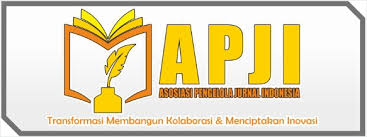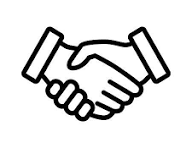EdTech Startups and Their Impact on Traditional Learning Models
DOI:
https://doi.org/10.70610/edujavare.v3i1.802Keywords:
EdTech Startups, Traditional Learning Models, Educational Innovation, Technology Integration, Digital Learning.Abstract
The rapid growth of EdTech startups has introduced innovative tools that challenge traditional learning models, offering personalized, flexible, and technology-enhanced educational experiences. However, integrating these technologies into established educational institutions remains a complex and gradual process. This study aims to explore the impact of EdTech startups on traditional learning models, examining how these technologies disrupt, complement, or reinforce traditional pedagogical practices. Using a qualitative research design, the study employed semi-structured interviews, focus group discussions, and document analysis to gather data from educators, students, EdTech entrepreneurs, and administrators across urban centers in Indonesia. The findings reveal that while EdTech startups have the potential to enhance student engagement and learning personalization, their integration into traditional institutions is often hindered by infrastructural challenges, resistance to change, and a lack of digital literacy. The study highlights the role of the COVID-19 pandemic as a catalyst for accelerating EdTech adoption. In conclusion, the research underscores the need for a balanced approach that supports the professional development of educators, addresses equity in access to technology, and fosters collaboration between EdTech startups and traditional institutions. This study contributes to the growing literature on educational innovation, providing valuable insights for policymakers, educators, and EdTech developers seeking to integrate technology into learning environments effectively.
Downloads
Published
How to Cite
Issue
Section
License
Copyright (c) 2025 EDUJAVARE: International Journal of Educational Research

This work is licensed under a Creative Commons Attribution-NonCommercial-ShareAlike 4.0 International License.
License: CC BY-SA 4.0 (Creative Commons Attribution-ShareAlike 4.0 International License)









